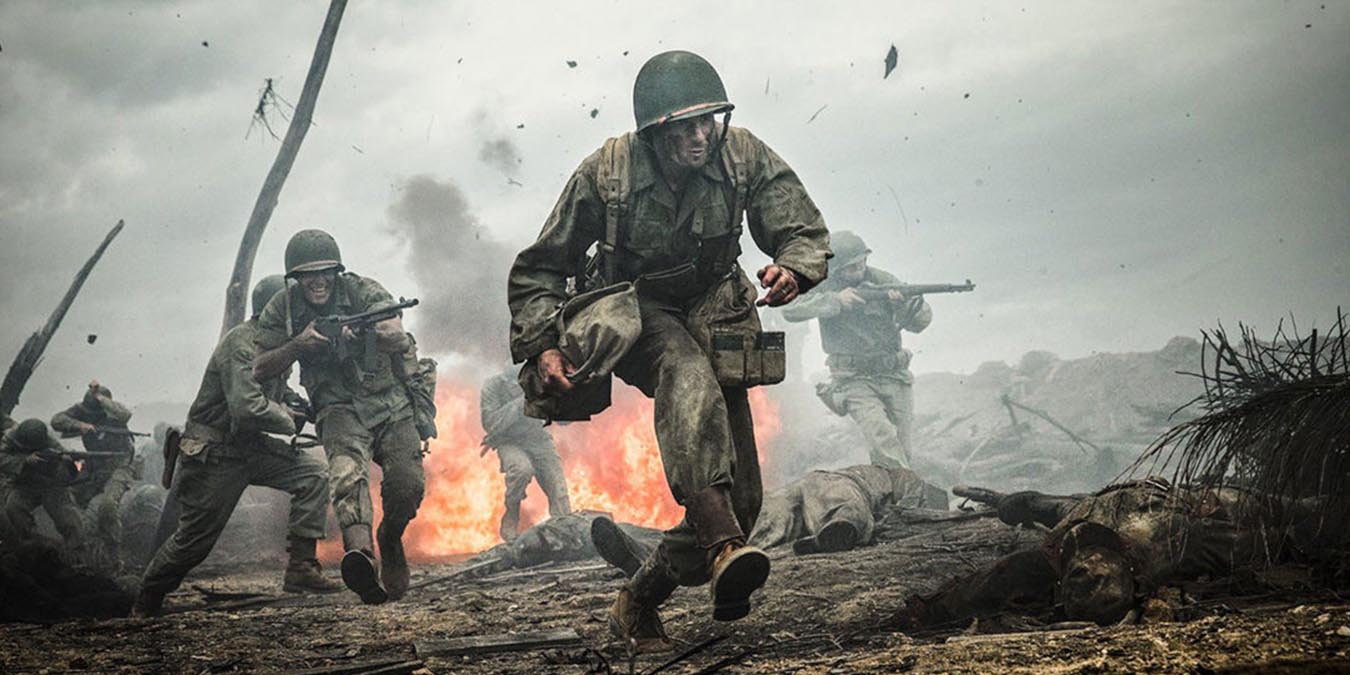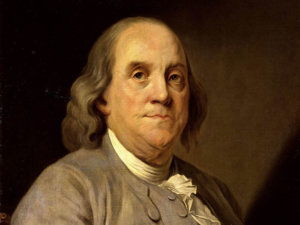
In order to make a historical film, it is necessary to read and understand history really well. As soon as history comes into play, all opinions and ideas should be put aside and conveyed as it should be. The right resources should be used. People’s comments should be kept in the background. What is real should be focused on and should act in the presence of resources. The director should know how to act impartially, regardless of the viewpoint.
Reality in Historical Movies
Every country wants to have the best history. A glorious history that has been praised and successfully emerged from wars. That’s why countries want to hide some facts in their textbooks as much as possible in various sources. Particularly, politicians play tricks on historical sources by trying to reflect the views that do not fit their own ideas during the times they ruled the country as if they did not exist on the stage of history. These manipulations can sometimes occur in books. By pretending that there are scenes of history that do not exist. This situation can be reflected in movies as well. Especially in dictatorial regimes, some historical scenes are removed from the books if it is desired to adopt different views from the current regime, which was not liked in the past. Instead, history is written falsely and again. Of course, movies also get their share from this situation. In movies, reality is hidden as much as possible.
It is tried to reflect what the regime and the dictator want the people to adopt. Because it is difficult for the brain to forget what it sees and hears. Because while watching a movie, two sense organs of the person are working actively. Movies are the most effective means of conveying a message to the public. If any idea is to be adopted, the scenes in the movies must be of high quality and the actors must exhibit a quality acting. In this way, the public automatically adopts this idea. Because a visual show has a greater effect and echo in the brain. The movies, commercials and TV series watched do not allow the person to question. The image comes, the brain perceives this image and accepts it as true without question.
Therefore, you cannot reach a complete source in a show or movie you watch. What you want to do is clear. Let the audience receive and adopt the message to be given. That’s why the riskiest areas are historical films. Many film directors produce films for their own interests, instead of producing true and realistic films, often with the influence of many factors such as fear, pressure and money. People are made falsely conscious and whatever message is wanted to be given to the consciousness is given. There is also the opposite of this. It is not true to say that there is no truth in movies. There are also directors who give a share of reality and history.
Movie and Reality
Whether it is a movie history or not, is reality a condition to be sought or not? Although this is a personal opinion, it is a question that cannot be looked at with an objective approach. Art brings subjectivity. Films come from the subjectivity of art. It can be seen as a commentary by the director. In fact, the criterion of reality in the film is the extent to which the director adds to the reality and whether this interpretation overshadows the reality, rather than whether the director brings interpretation or not. The director adds his own thoughts and while doing this, he stays true to the truth; If he comments on places where he can make comments and intervene, he will leave a share of reality in the film. But if his own thoughts and ideas are at the forefront, a share of truth is not sought in that film. This is a process that depends on the director and the conditions.















